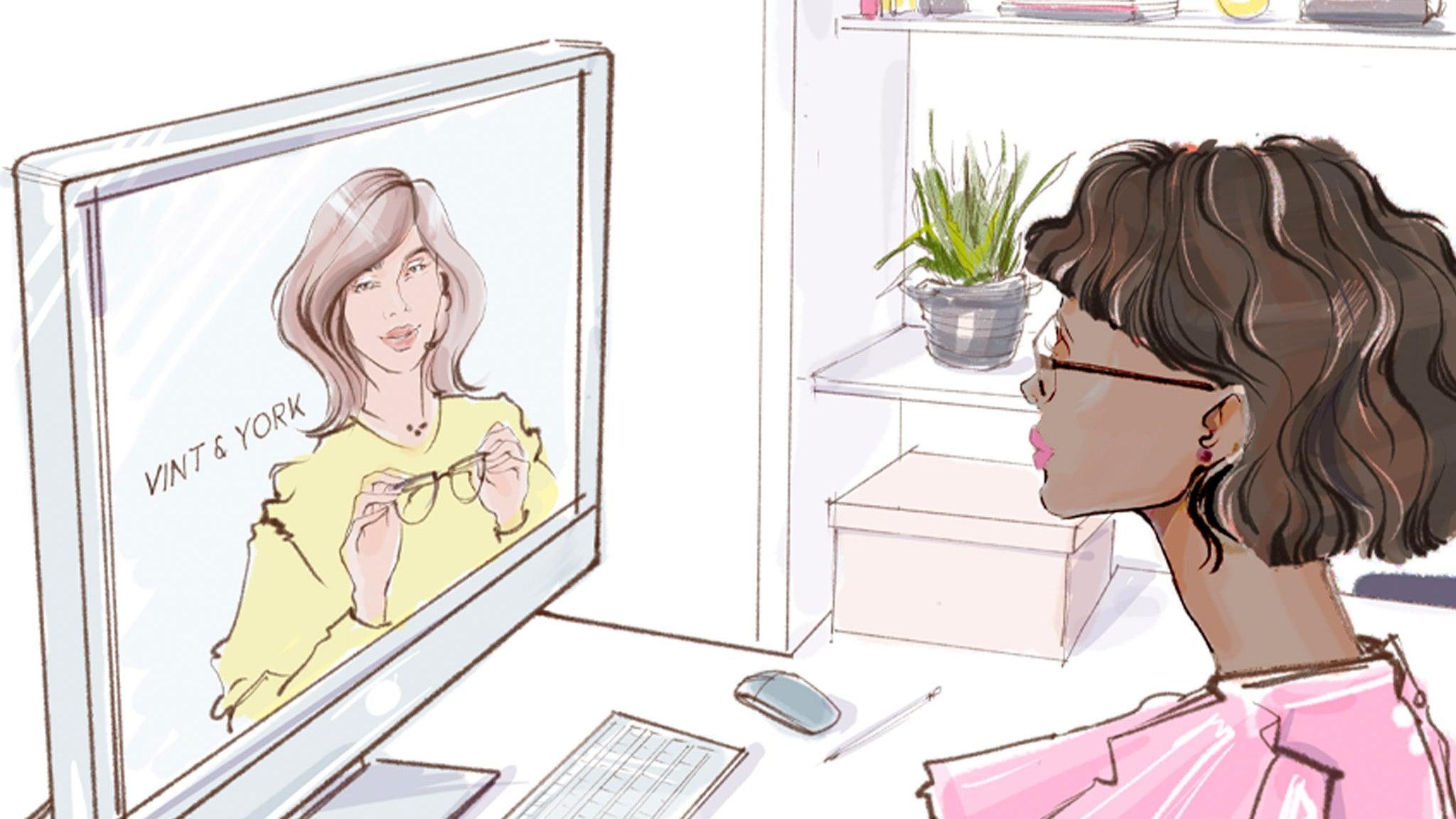
Do Sunglasses Block Blue Light?
Blue light has become something of a hot topic in recent years, and it’s not difficult to see why. We are surrounded by devices that emit this type of light, from our smartphones to laptops and even tablets and smartwatches. Aside from our devices, blue light can be found everywhere, and it may surprise you to hear that it is naturally abundant in sunlight. This can affect our eye health, especially for individuals with light-sensitive eyes. Sunglasses can help in this regard as they protect against UVA and UVB rays, but do they also filter out blue light? Read on to find out.
What is blue light?

First, it’s important to define what blue light is. Blue light is a type of visible light with a short wavelength and high energy. It can be found in sunlight and electronic devices including smartphones and computer screens. Exposure to blue light been linked with health issues such as digital eye strain and lack of sleep.
Sunglasses and blue light

Contrary to popular belief, blue light glasses do not damage our eyes. In fact, many eyeglasses are designed to protect your eyes from daily exposure to blue light, especially as you work and use your devices.
But what about sunglasses?
It is important to recognize that not all sunglasses will offer the same level of protection against UV rays, including blue light. Sunglasses can block blue light but in varying degrees. Some have lenses that are too dark and use polarization to reduce glare, while others have colored or reflective lenses that do not have any light filtering properties.
The best sunglasses that can protect you against blue light emitted by the sun (and digital screens for that matte) are those with brown, yellow, or amber-tinted lenses that helps filter out blue light. The quality of the lens material will also affect how much blue light is actually blocked. It is best to speak to your eye doctor about the best lens type for your needs.
The Bottom Line
So, do sunglasses really block out blue light? The short answer is yes, they can. It all depends on how your sunglasses are made. We recommend trying sunglasses that have UV400 protection, which ensures that you are protected from nearly 100% of harmful ultraviolet light rays, including blue light.

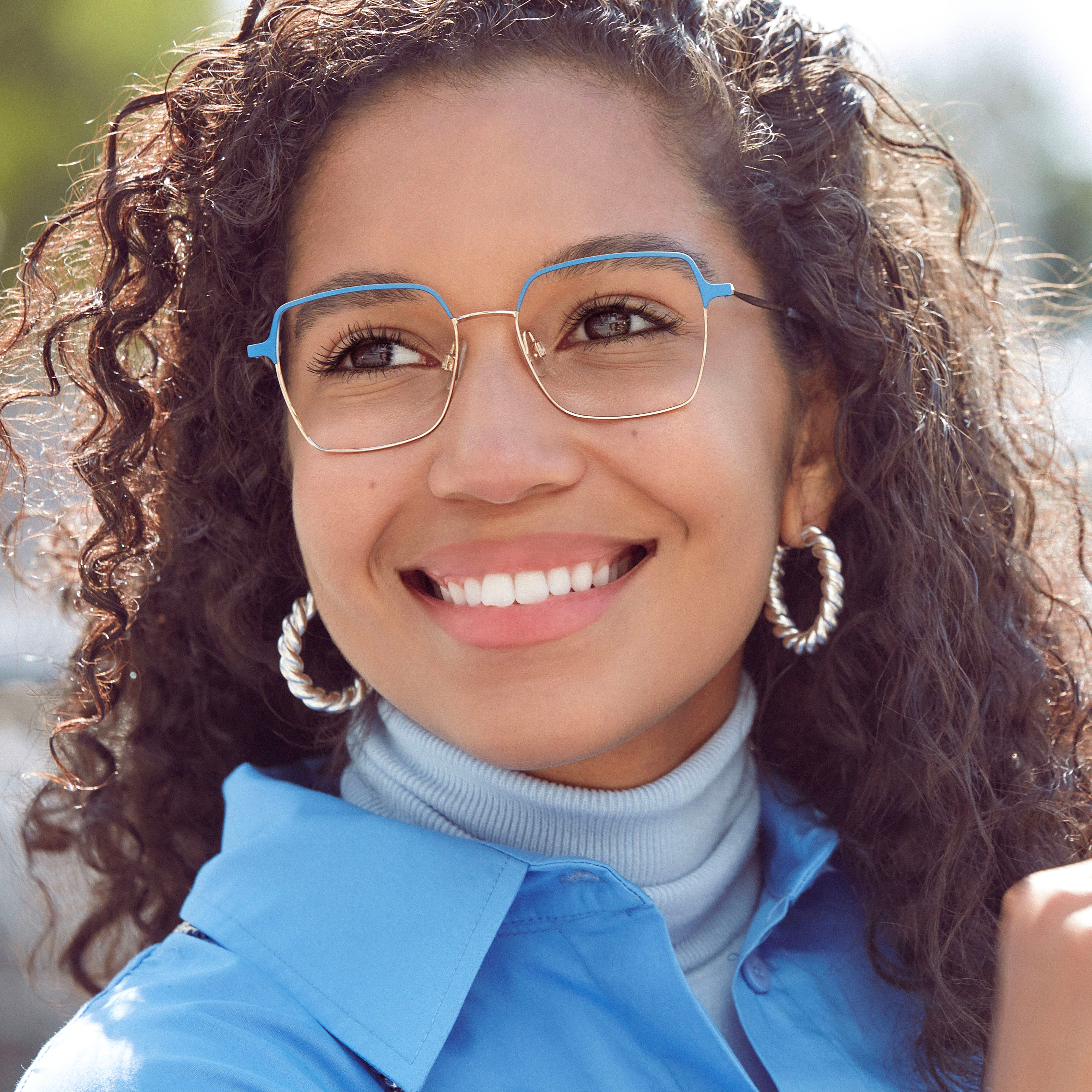
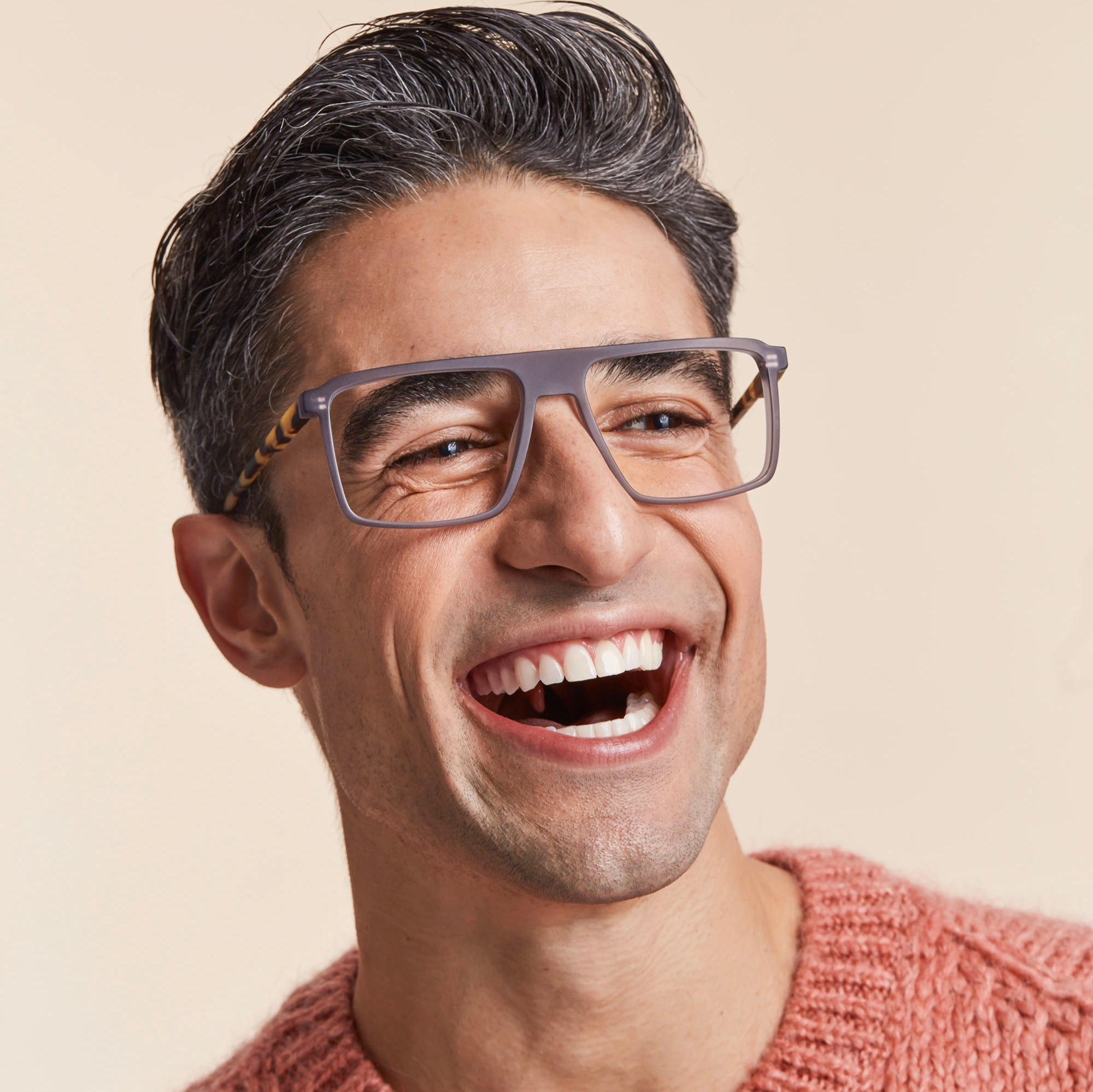
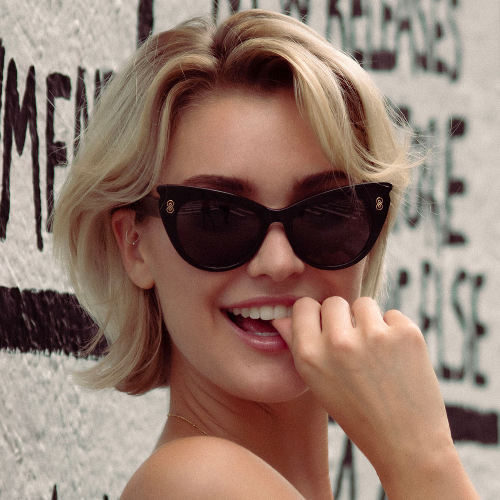
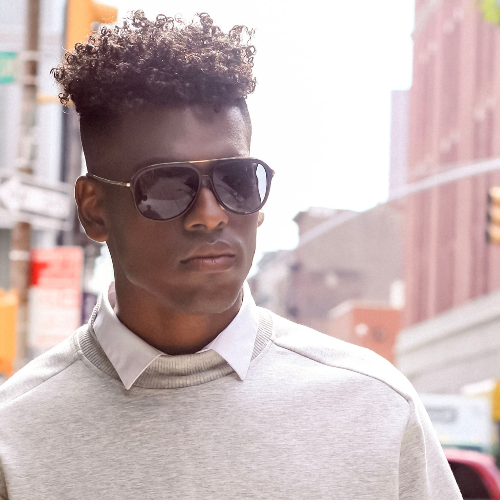


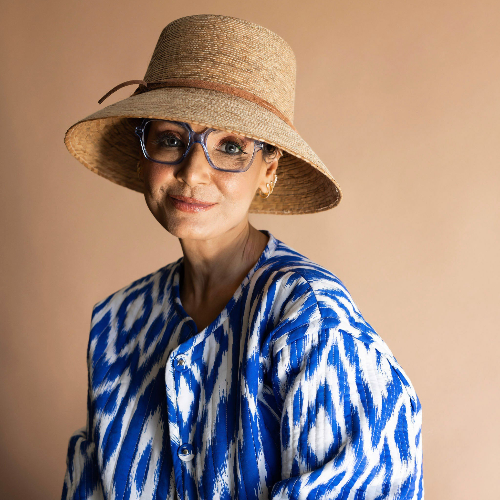

Leave a comment
This site is protected by hCaptcha and the hCaptcha Privacy Policy and Terms of Service apply.